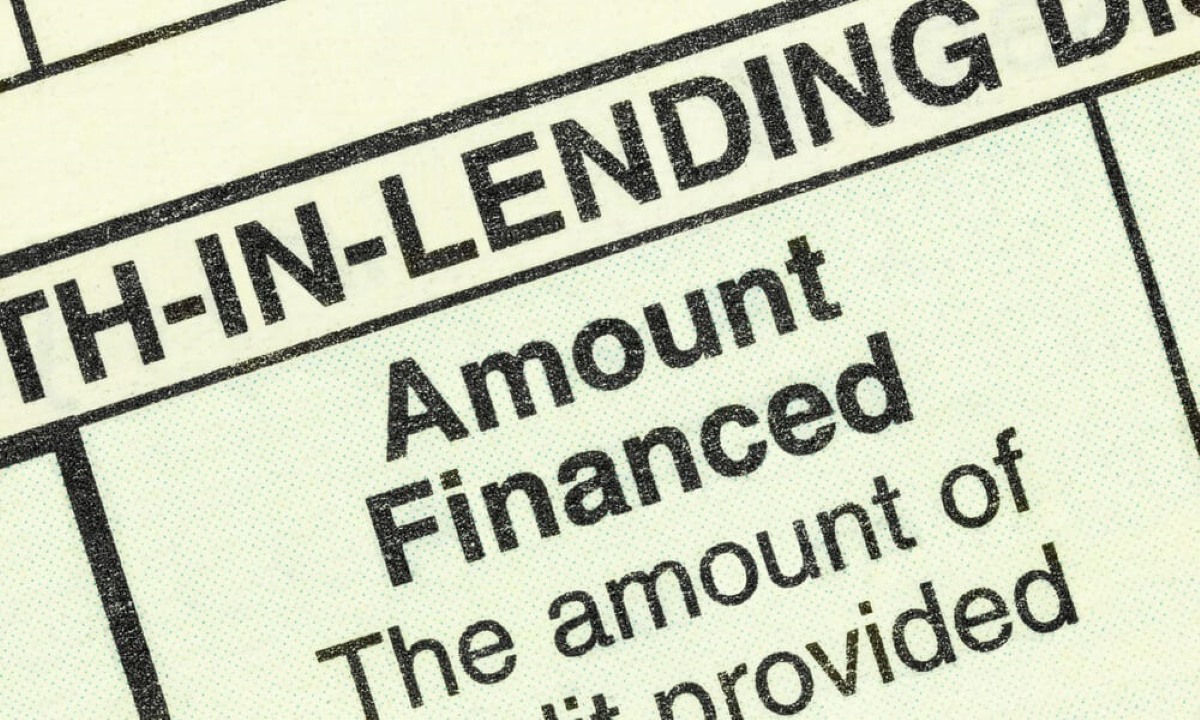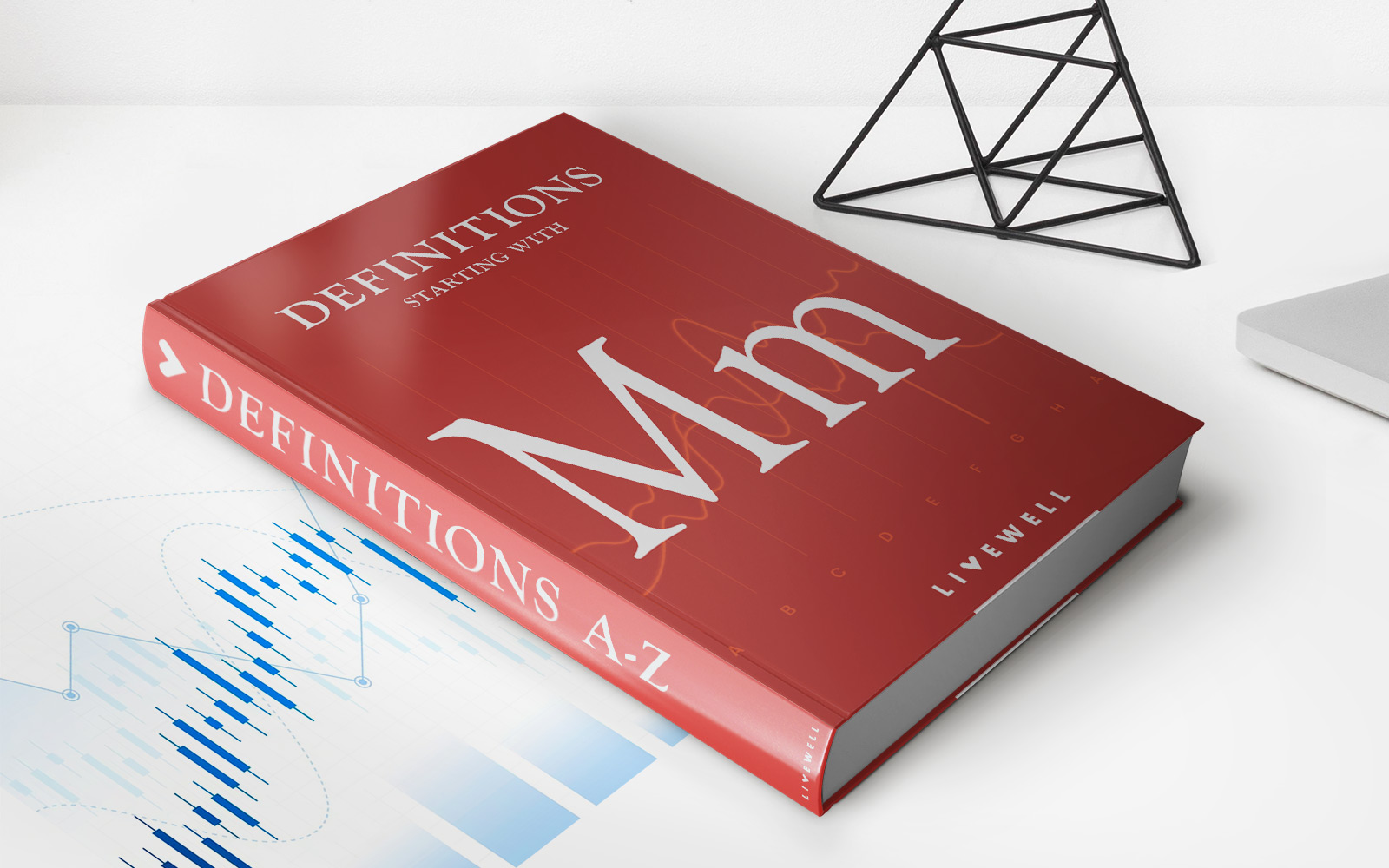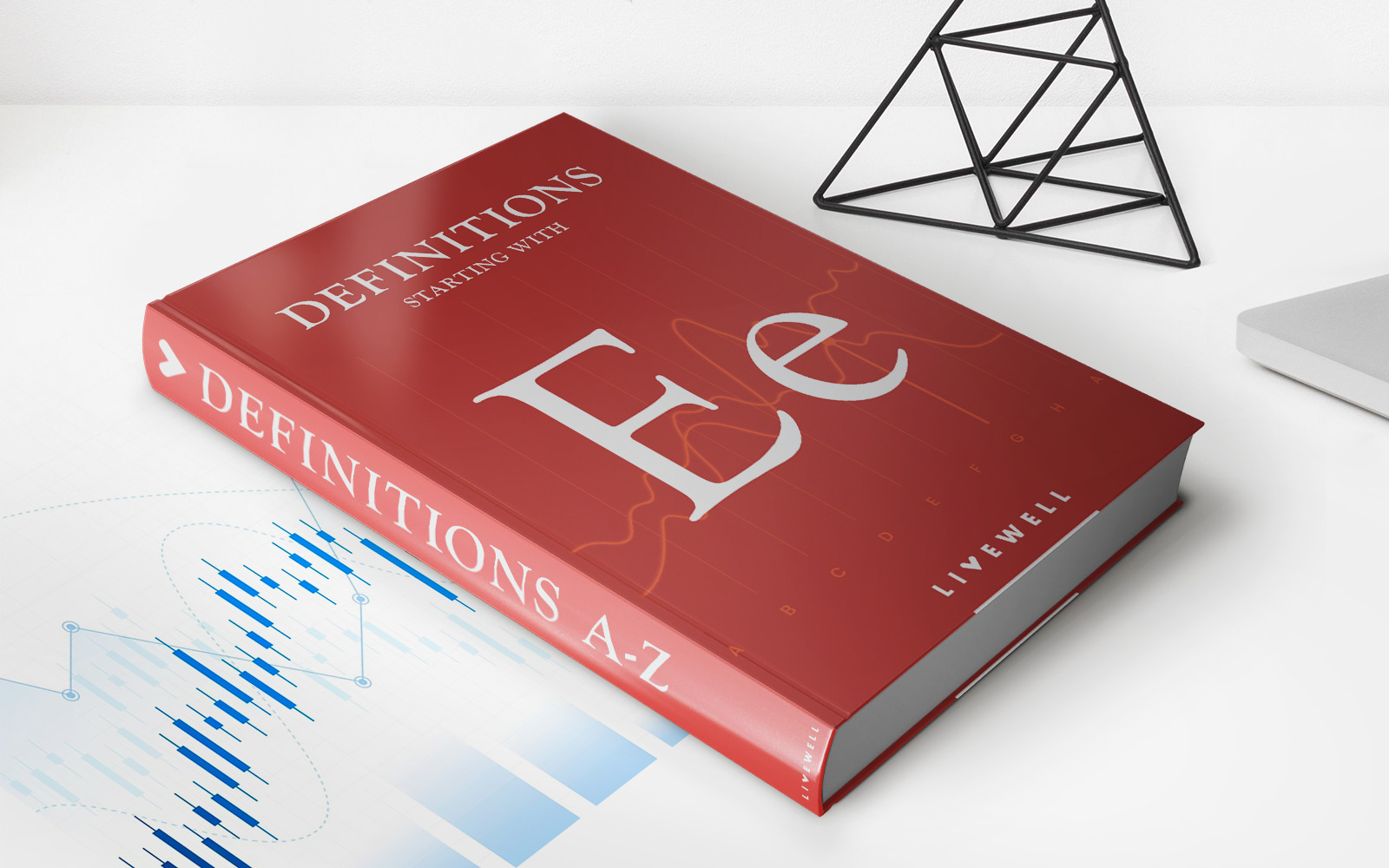

Finance
What Does A Grace Period Mean?
Published: February 19, 2024
In finance, a grace period refers to the extra time given to make a payment without incurring a penalty. Learn more about the significance and implications of grace periods.
(Many of the links in this article redirect to a specific reviewed product. Your purchase of these products through affiliate links helps to generate commission for LiveWell, at no extra cost. Learn more)
Table of Contents
Introduction
Welcome to the world of finance, where terms like “grace period” play a crucial role in shaping the dynamics of financial transactions and obligations. In this article, we will delve into the concept of a grace period, exploring its definition, types, examples, and significance in various financial contexts.
Understanding the concept of a grace period is essential for anyone engaging in financial agreements, whether it’s a credit card holder, a borrower, or a renter. This period of time holds significant implications for managing payments, avoiding penalties, and maintaining financial stability.
Join us on this enlightening journey as we unravel the intricacies of grace periods, shedding light on their diverse applications and the pivotal role they play in the realm of finance. Whether you’re a seasoned financial guru or a newcomer to the world of money matters, this exploration of grace periods promises to provide valuable insights that can empower you to make informed financial decisions.
Definition of Grace Period
A grace period, in the realm of finance, refers to a specified length of time during which a debtor or a borrower can delay making a payment without incurring a penalty. This period is typically granted by creditors, lenders, or service providers, allowing individuals or businesses some leeway in meeting their financial obligations.
During a grace period, the debtor is given the opportunity to make payments past the due date without facing adverse consequences such as late fees, increased interest rates, or negative impacts on their credit score. It serves as a buffer, providing a temporary extension beyond the payment deadline.
Grace periods are commonly associated with various financial products and services, including credit cards, loans, mortgages, and utility bills. For instance, credit card companies often offer a grace period between the end of a billing cycle and the payment due date, enabling cardholders to settle their balances without incurring interest charges if the full amount is paid within this period.
It’s important to note that the specific terms and conditions of a grace period can vary depending on the type of financial agreement and the policies of the creditor or provider. Some agreements may have a fixed grace period, while others may offer flexibility based on certain conditions or individual circumstances.
Overall, the concept of a grace period embodies a crucial aspect of financial management, offering individuals and businesses a temporary reprieve from the immediate pressure of meeting payment deadlines, thereby contributing to the overall flexibility and stability of financial transactions.
Types of Grace Periods
Grace periods come in various forms, each tailored to specific financial products and services. Understanding the different types of grace periods is essential for navigating the nuances of financial agreements and optimizing the benefits they offer.
1. Credit Card Grace Period: One of the most common forms of grace periods is associated with credit cards. Credit card companies typically provide a grace period between the end of a billing cycle and the due date for the payment. During this period, cardholders can pay off their balances without incurring interest charges, provided the full amount is settled within the specified timeframe.
2. Loan Grace Period: In the realm of loans, such as student loans or personal loans, a grace period may be offered to borrowers before they are required to start making repayments. This period allows individuals to transition into their post-education or post-borrowing phase before the burden of loan payments begins.
3. Rental Grace Period: For tenants renting residential or commercial properties, a rental grace period may be included in the lease agreement. This provision allows tenants a certain number of days beyond the due date to pay their rent without facing penalties or late fees.
4. Insurance Grace Period: Some insurance policies may include a grace period, giving policyholders additional time to pay their premiums without the risk of policy cancellation. This can be particularly beneficial in situations where unexpected financial challenges arise.
5. Utility Bill Grace Period: Utility companies often offer a grace period for bill payments, allowing customers to settle their accounts within a specified timeframe after the due date, without incurring late fees or service interruptions.
These are just a few examples of the diverse applications of grace periods across different financial domains. Each type of grace period serves a distinct purpose, providing individuals and businesses with the flexibility and breathing room needed to manage their financial obligations effectively.
Examples of Grace Periods
To illustrate the practical application of grace periods in various financial scenarios, let’s explore some specific examples that highlight the value and impact of these temporary extensions.
Credit Card Grace Period: Sarah, a diligent credit card holder, receives her monthly credit card statement, indicating a payment due date of the 15th of the following month. Thanks to the built-in grace period, Sarah has until the 15th to pay off her balance without incurring any interest charges. This provides her with a window of time to manage her finances and settle the amount without penalty.
Loan Grace Period: After completing her college education, Alex enters a six-month grace period before he is required to start repaying his student loans. This grace period allows him to secure employment and establish a financial plan before the monthly loan payments commence, easing the transition from student life to the responsibilities of loan repayment.
Rental Grace Period: In a rental agreement, David’s lease includes a five-day grace period for rent payments. If his rent is due on the 1st of the month, he has until the 5th to submit the payment without facing late fees. This provision offers him a brief buffer to manage unexpected financial fluctuations without incurring penalties.
Insurance Grace Period: Maria, a policyholder with a life insurance plan, experiences a temporary setback that affects her ability to pay her premium on time. Fortunately, her insurance policy includes a 30-day grace period, allowing her to make the payment without the risk of policy cancellation, ensuring that her coverage remains in force during challenging times.
Utility Bill Grace Period: James, a homeowner, encounters an unforeseen financial constraint that delays his ability to pay his electricity bill by the due date. Fortunately, his utility provider offers a 10-day grace period, enabling him to settle the bill without facing service interruptions or late fees, providing him with essential flexibility during unexpected financial challenges.
These examples demonstrate the tangible benefits of grace periods across a spectrum of financial commitments, showcasing how these temporary extensions can alleviate immediate financial pressures and empower individuals to navigate their obligations with greater flexibility and resilience.
Importance of Grace Periods
Grace periods play a pivotal role in the realm of finance, offering a range of benefits that contribute to the smooth management of financial obligations and the overall well-being of individuals and businesses. Understanding the importance of grace periods sheds light on their significant impact on financial stability and flexibility.
1. Financial Flexibility: Grace periods provide individuals and businesses with a valuable buffer, allowing them to navigate temporary financial challenges without facing immediate penalties or adverse consequences. This flexibility can be instrumental in managing cash flow fluctuations and unexpected expenses, offering a brief reprieve during times of financial strain.
2. Avoidance of Penalties: By granting a grace period, creditors and service providers enable debtors to make timely payments without incurring late fees, increased interest rates, or other punitive measures. This not only benefits the debtor by preventing additional financial burdens but also fosters a positive relationship between the parties involved in the financial transaction.
3. Transition Periods: In the case of loans, rental agreements, and insurance policies, grace periods serve as transition periods, allowing individuals to adjust to new financial responsibilities without the immediate pressure of meeting payment deadlines. This can be particularly beneficial for students, new homeowners, or individuals experiencing temporary financial setbacks.
4. Credit Score Protection: For credit card holders and loan borrowers, utilizing the grace period effectively can help protect their credit scores. By ensuring timely payments within the grace period, individuals can avoid negative impacts on their credit history, preserving their long-term financial credibility and eligibility for favorable terms in future financial transactions.
5. Customer Satisfaction: Service providers that offer grace periods demonstrate an understanding of their customers’ financial needs and challenges. By providing this flexibility, they contribute to customer satisfaction and loyalty, fostering a positive reputation and trust within the market.
6. Empowerment in Financial Management: Grace periods empower individuals to manage their finances more effectively, allowing them to prioritize and allocate funds strategically without the immediate pressure of imminent due dates. This can lead to better financial planning and decision-making, ultimately contributing to improved financial well-being.
Overall, the importance of grace periods extends beyond mere leniency in payment deadlines. These temporary extensions serve as valuable tools for financial management, protection, and empowerment, enriching the dynamics of financial agreements and fostering resilience in the face of financial challenges.
Conclusion
In the complex landscape of finance, the concept of a grace period emerges as a crucial element that embodies flexibility, understanding, and resilience within the realm of financial transactions. From credit card balances to rental payments, the presence of a grace period offers individuals and businesses a temporary reprieve, enabling them to navigate financial obligations with greater ease and adaptability.
By exploring the definition, types, examples, and importance of grace periods, we have gained a comprehensive understanding of their multifaceted role in financial management. These temporary extensions serve as invaluable mechanisms for mitigating immediate financial pressures, protecting credit scores, and fostering positive relationships between debtors and creditors.
Furthermore, the diverse applications of grace periods across credit cards, loans, rentals, insurance, and utility bills underscore their universal relevance and impact on various facets of personal and business finance. Whether it’s providing students with a transitional phase before loan repayments commence or offering homeowners a brief window to settle utility bills, grace periods contribute to financial stability and empowerment.
As we navigate the intricacies of financial agreements and obligations, the presence of grace periods serves as a beacon of understanding and support, acknowledging the dynamic nature of individual financial circumstances. It is through these temporary extensions that individuals and businesses are granted the flexibility and breathing room necessary to manage their financial responsibilities with resilience and foresight.
Ultimately, the significance of grace periods extends far beyond their immediate implications, resonating with the fundamental principles of financial empathy, adaptability, and empowerment. As we embrace the ever-evolving landscape of finance, the concept of a grace period stands as a testament to the harmonious coexistence of financial obligations and human understanding, enriching the dynamics of financial interactions and fostering a more resilient and inclusive financial ecosystem.














